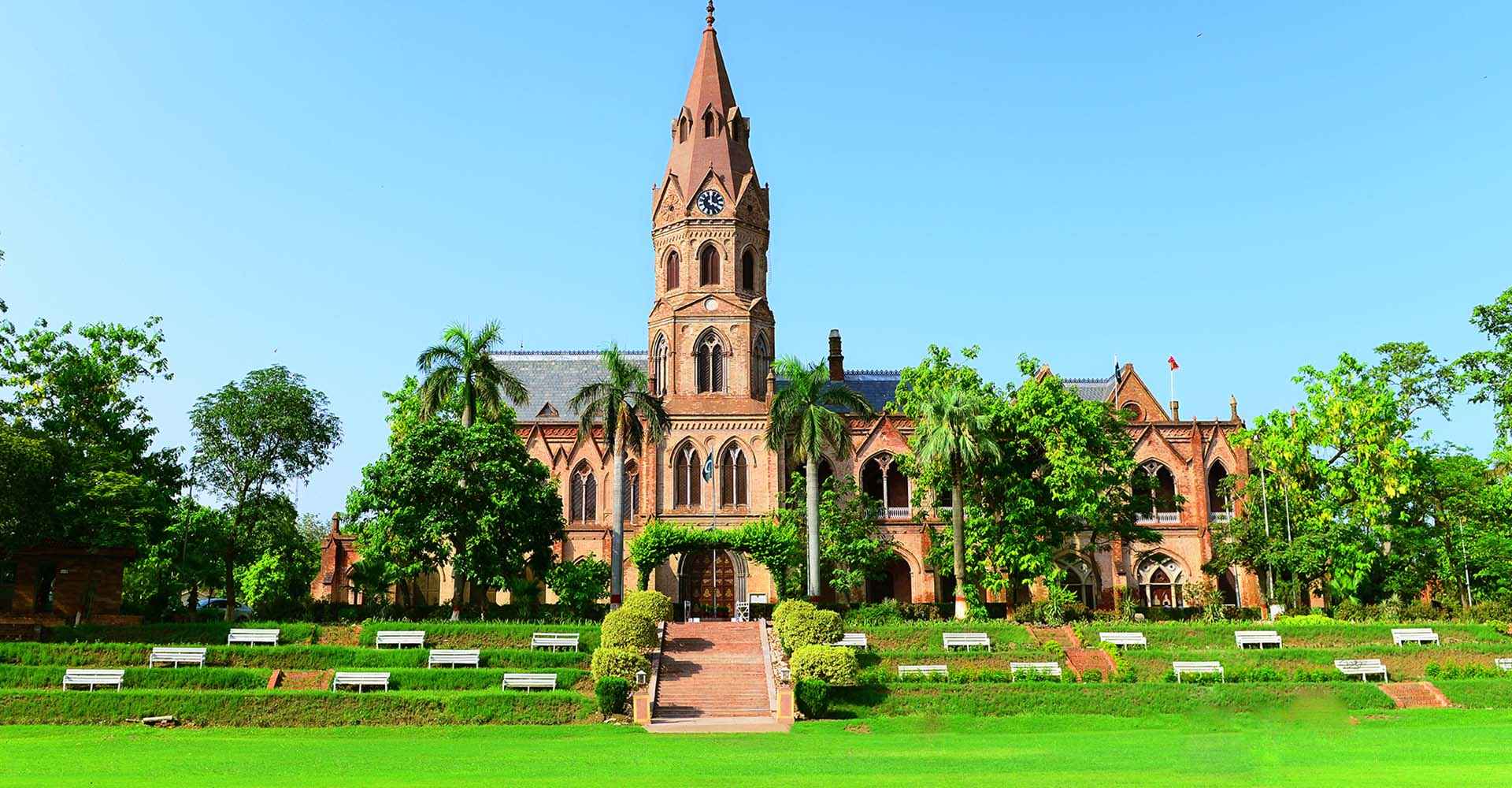
2023-05-23
GCU Launches a Global Studies Department
Government College University (GCU), Lahore, has taken an initiative towards fostering global understanding and preparing students to become future leaders in an interconnected world. The university has announced the establishment of the Department of Global Studies, the first of its kind in Pakistan. The department will be part of the Institute of History, and will offer degree programs of BS, MPhil and PhD. In conjunction with this development, the Institute of History at GCU will be renamed as the Institute of Global and Historical Studies, reflecting its expanded scope and emphasis on a global perspective.
The Department of Global Studies aims to equip students with the knowledge, skills, and global outlook necessary to navigate the complexities of our rapidly changing world. Through its broad and interdisciplinary curriculum, the department will delve into the intricate interactions of culture, history, politics, economics, technology, and the environment on a global scale. By embracing a multidisciplinary approach, the program will encourage critical thinking, cross-cultural understanding, and effective communication skills among students.
Prof. Dr. Asghar Zaidi, the Vice Chancellor, expressed his excitement about the launch of the Global Studies Department, stating, "We live in an era of unprecedented global interconnectedness, where challenges and opportunities transcend national boundaries. The establishment of the Department of Global Studies reflects our commitment to preparing students as global citizens who can contribute meaningfully to the world. This department will be a pioneer in Pakistan, nurturing students' abilities to analyze complex global issues from various perspectives and empowering them to become leaders in their respective fields."
The interdisciplinary nature of the Global Studies program will enable students to engage with diverse perspectives and stakeholders from around the world, fostering a deep understanding of the intricate issues facing our global society. Furthermore, the department will prioritize experiential learning, providing students with hands-on experience through internships, research opportunities, and study abroad programs. This practical exposure will bridge the gap between theory and practice, allowing students to apply their knowledge in real-world scenarios.
Graduates of the Global Studies will be well-prepared to excel in a wide range of careers, including international diplomacy, non-profit organizations, business, and academia. The program will empower students to address the global challenges and opportunities of the 21st century, making them valuable contributors to society. Prof. Zaidi emphasized the significance of this milestone, stating, "The establishment of the Global Studies Department aligns with GCU's vision of producing well-rounded individuals who possess the necessary skills to make a positive impact in an increasingly interconnected world. We are confident that our graduates will emerge as leaders, equipped with a comprehensive understanding of global dynamics and the ability to navigate diverse cultural landscapes."
In addition to its focus on student development, the Department of Global Studies will actively foster research collaborations with international partners and institutions. These partnerships will enable the department to address pressing global challenges and contribute to the body of knowledge in the field. By engaging in research, GCU aims to contribute to the global discourse and promote a deeper understanding of the complex relationships between different parts of the world.
The VC further said: “The renaming of the Institute of History as the Institute of Global and Historical Studies reflects the institution's broader vision and recognizes the integration of global perspectives into the study of history. The Institute will serve as a platform where historical sensibilities inform present and future perspectives. This change aligns with GCU's commitment to embracing global perspectives across all disciplines and encourages a nuanced understanding of history, culture, and societyâ€.